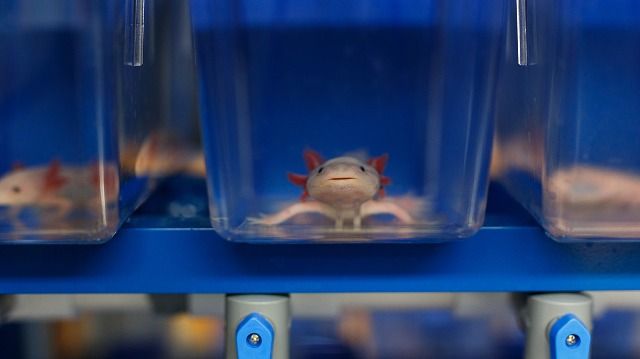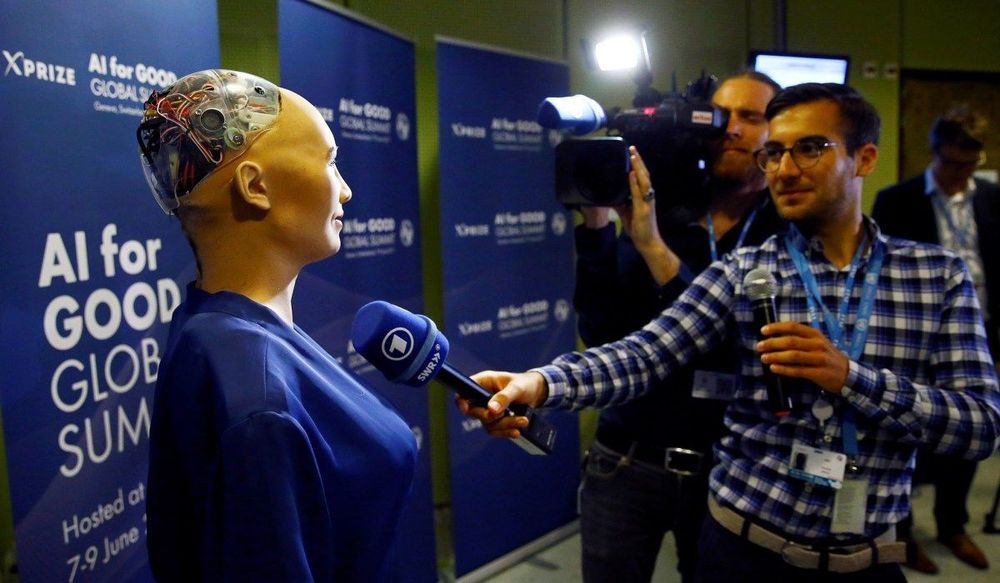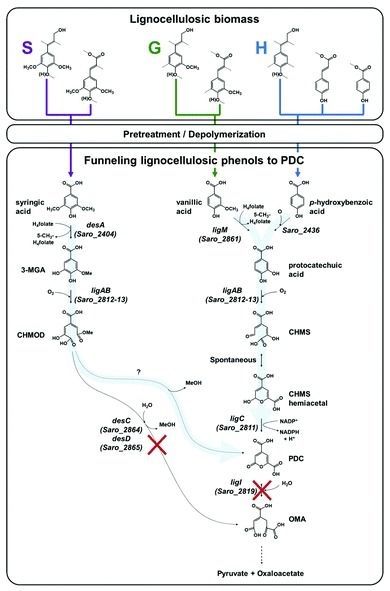NEW ORLEANS—Exposure to the widely used chemical bisphenol A (BPA) during pregnancy, even at levels lower than the regulated “safe” human exposure level, can lead to changes in circadian rhythms, according to a mice study to be presented Monday at ENDO 2019, the Endocrine Society’s annual meeting in New Orleans, La. The researchers report these changes may be a contributing factor in hyperactivity seen in BPA-exposed mice.
“The hypothalamus, which we have identified as a brain region that is particularly susceptible to developmental disruption by BPA, contains the site of the clock cells that govern daily rhythms throughout the body,” said researcher Deborah Kurrasch, Ph.D., Associate Professor at the University of Calgary in Calgary, Canada. “We have shown in previous research that BPA exposure in utero can cause defects to the development of hypothalamic nuclei and hyperactivity, and here we explored whether a shift in circadian biology might explain why the animals moved more.”
BPA is a chemical that is added to many commercial products, including water bottles, paper receipts, can liners and food storage containers. It is known as an endocrine-disrupting chemical—a chemical that interferes with the body’s hormones.






